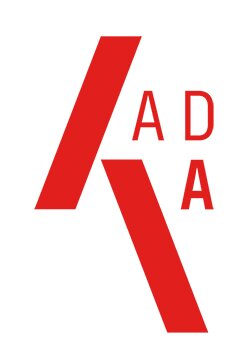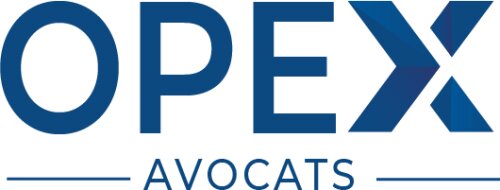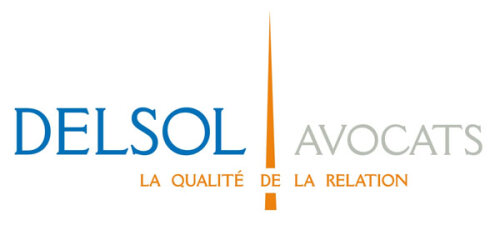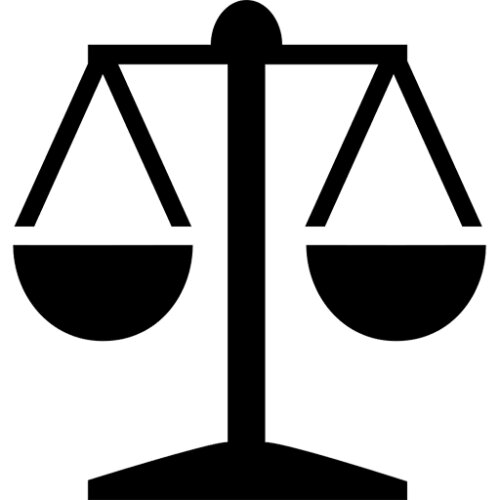Best Sanctions & Export Controls Lawyers in France
Share your needs with us, get contacted by law firms.
Free. Takes 2 min.
Or refine your search by selecting a city:
List of the best lawyers in France
About Sanctions & Export Controls Law in France
Sanctions and export controls law governs the restriction and regulation of goods, services, technology, and financial transactions in and out of France, especially when these cross national borders. It aims to achieve foreign policy, national security, and international peace objectives by controlling whom French businesses can deal with, what goods can be sent overseas, and how technology, know-how, and financial assets are transferred. France enforces its own rules and complies with international regulations, including European Union (EU) sanctions, United Nations (UN) sanctions, and export control regimes. French companies and individuals must understand and comply with these stringent rules to avoid fines, penalties, or criminal prosecution.
Why You May Need a Lawyer
Sanctions and export controls are complex and can have severe legal and financial consequences if not properly managed. You may need a lawyer if:
- You are exporting goods, especially dual-use items (products with both civil and military uses) or sensitive technology.
- Your business supplies goods or services to countries or individuals subject to international sanctions.
- You are unsure if your business partners, products, or financial transactions are affected by any restrictions.
- You have received a notice of investigation or enforcement action from a French or EU authority.
- You want to develop compliance programs or train staff about sanctions and export controls.
- You need to apply for licenses or exemptions for specific transactions.
Lawyers can help interpret legal texts, advise on best practices, prepare applications, respond to regulatory requests, and defend you in proceedings.
Local Laws Overview
France applies a combination of domestic laws, EU regulations, and international statutes concerning sanctions and export controls. Key aspects include:
- Sanctions: France follows UN and EU sanctions, which can target countries, entities, or individuals. These may ban exports or imports, freeze assets, or prohibit financial dealings. French authorities, especially the French Treasury (Direction Générale du Trésor), enforce these measures.
- Export Controls: French law (Code de la Défense and related decrees) regulates the export of military goods, dual-use items, and certain technologies. Some products require export licenses. The Ministry of Economy and Finance, through the Service des Biens à Double Usage (SBDU), processes these licenses and supervises compliance.
- Enforcement: Non-compliance can result in fines, criminal charges, denial of export privileges, or reputational harm. French customs, the SBDU, and the Treasury can investigate and enforce the rules.
- Compliance Programs: Companies are expected to have internal controls, risk assessments, and due diligence to prevent violations.
Frequently Asked Questions
What are sanctions and who imposes them in France?
Sanctions are restrictive measures that limit or ban certain commercial or financial activities with targeted countries, groups, or individuals. In France, sanctions are imposed by the United Nations, the European Union, and by French authorities.
What is considered an export control?
Export controls are legal restrictions or licensing requirements on sending goods, software, technology, or services from France to foreign entities. This includes dual-use goods, military items, and cryptographic products.
Do I need an export license to send products outside France?
Export licenses are required for certain items, especially military goods, dual-use products, and technology subject to control lists. Whether you need a license depends on the type of product, its destination, end-use, and end-user.
What are dual-use goods?
Dual-use goods are items, software, and technology that can be used for both civilian and military purposes. Exporting these goods typically requires authorization from the French authorities.
How can I check if my business partners are subject to sanctions?
You should consult the official published sanctions lists, maintained by the French Treasury and the European Union. Screening your partners against these lists is essential before engaging in any transaction.
What are the penalties for violating sanctions or export controls in France?
Penalties range from administrative fines and loss of export privileges to criminal prosecution, including prison sentences and heavy fines. Violators may also suffer reputational damage and bans from public contracts.
Are there exceptions or waivers available?
In some cases, you can apply for licenses, exemptions, or waivers for specific transactions, particularly for humanitarian activities or other special circumstances. These are granted at the discretion of the relevant French authorities.
Who enforces sanctions and export controls in France?
The French customs authority, the French Treasury, and the Service des Biens à Double Usage (SBDU) under the Ministry of Economy and Finance are responsible for enforcement and administration of these laws.
What are the main risks for companies operating internationally from France?
Risks include inadvertent violation of complex rules, especially during mergers, acquisitions, or expansion, dealing with sanctioned persons, or failing to obtain necessary licenses. This could lead to costly investigations and sanctions.
How can a lawyer help with sanctions and export controls issues?
A lawyer can assess compliance, advise on risk mitigation, draft internal policies, support license applications, handle disputes with authorities, and represent you during investigations or legal proceedings.
Additional Resources
Here are some useful resources and organizations related to sanctions and export controls in France:
- French Treasury (Direction Générale du Trésor) - oversees financial sanctions and publishes official sanction lists.
- Service des Biens à Double Usage (SBDU) - authority in charge of export licenses for dual-use items.
- French Customs (Douanes) - enforces export control at the border and provides practical guidance for exporters.
- Ministry of Europe and Foreign Affairs - provides updates on international sanctions and diplomatic considerations.
- European Commission - offers information and updates on the EU’s sanctions regime and export control regulations applicable in France.
These organizations can provide official guidance, application forms, and answers to practical queries.
Next Steps
If you believe you may be affected by French sanctions or export controls, or if you are unsure about your compliance obligations, you should:
- Review the applicable laws and check the latest updates from the above-mentioned authorities.
- Evaluate your products, partners, and transactions to identify any exposures or risks.
- Consult with a qualified lawyer specializing in sanctions and export controls in France, especially before engaging in potentially risky activities.
- Prepare documentation for license applications or compliance programs as needed.
- Training your teams and implementing internal controls to prevent inadvertent violations.
Taking swift and informed action now can prevent costly mistakes and ensure that your international operations remain compliant with French and international law.
Lawzana helps you find the best lawyers and law firms in France through a curated and pre-screened list of qualified legal professionals. Our platform offers rankings and detailed profiles of attorneys and law firms, allowing you to compare based on practice areas, including Sanctions & Export Controls, experience, and client feedback.
Each profile includes a description of the firm's areas of practice, client reviews, team members and partners, year of establishment, spoken languages, office locations, contact information, social media presence, and any published articles or resources. Most firms on our platform speak English and are experienced in both local and international legal matters.
Get a quote from top-rated law firms in France — quickly, securely, and without unnecessary hassle.
Disclaimer:
The information provided on this page is for general informational purposes only and does not constitute legal advice. While we strive to ensure the accuracy and relevance of the content, legal information may change over time, and interpretations of the law can vary. You should always consult with a qualified legal professional for advice specific to your situation.
We disclaim all liability for actions taken or not taken based on the content of this page. If you believe any information is incorrect or outdated, please contact us, and we will review and update it where appropriate.
Browse sanctions & export controls law firms by city in France
Refine your search by selecting a city.

















